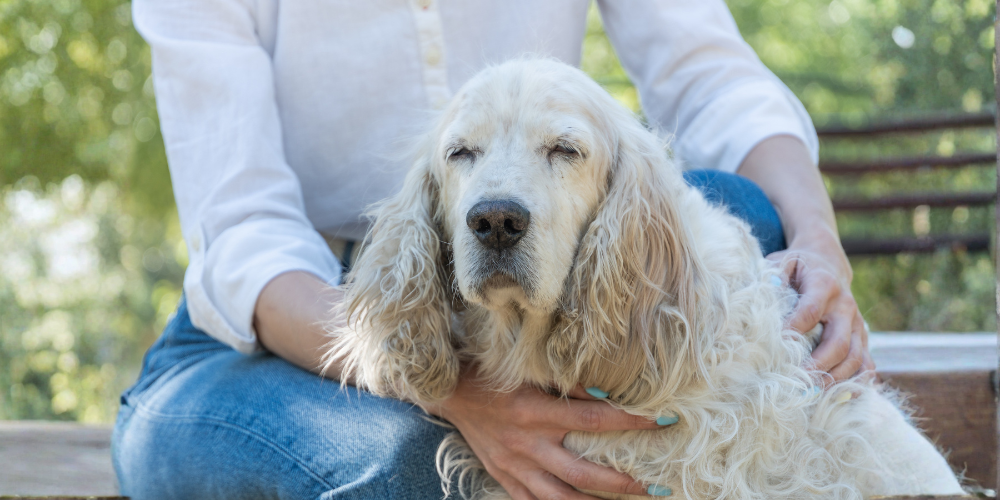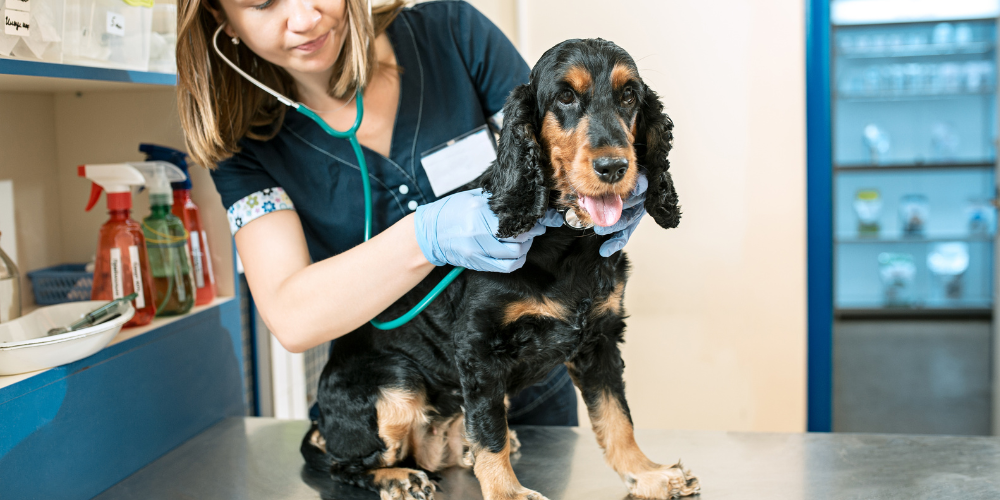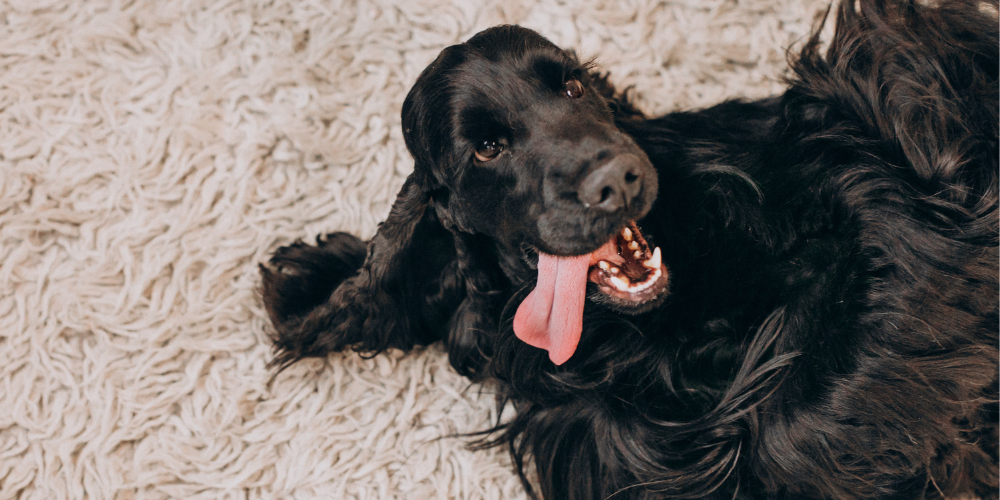
10 signs your pet is getting old (and why that’s not a bad thing)
You don’t wake up one morning and suddenly realise your pet has aged. It creeps in quietly. One day they sleep in a little longer, take the stairs a bit slower, or give up halfway through their favourite zoomie lap. It’s bittersweet, but it’s also kind of beautiful. Getting older means they’ve spent years loving you, learning your habits, and building a life that’s perfectly theirs.
If you’ve started noticing small changes, it doesn’t always mean something is wrong. It might just mean your best mate is heading into their golden years. Here are ten signs your pet might be getting older, and a few simple ways to help them stay happy and healthy along the way.
1. They sleep more than they play
Older pets love their naps. While young dogs and cats bounce off the walls, seniors prefer quiet spots and long snoozes. Their metabolism slows down and their bodies need more rest to recharge. If your pet is sleeping a lot but still wakes up easily and enjoys food, cuddles, and walks, it’s usually nothing to worry about. Just make sure they have a comfy bed and a warm place to relax.
2. Stiff mornings and slower walks
You might notice your dog takes a few extra seconds to stand up, or your cat stretches before jumping on the couch. That stiffness can come from sore joints, arthritis, or muscle loss. It’s common in older pets and can be managed with joint supplements, gentle exercise, and soft bedding. Avoid long runs or hard floors and keep walks shorter but more frequent.
3. Their coat and eyes start to change
Grey hairs around the muzzle, cloudy eyes, or a coat that feels rougher than usual are all normal signs of ageing. Their skin produces less natural oil and their eyes might look a little milky. It doesn’t always mean their sight is going, but regular vet checks can make sure everything is fine. Brushing them often keeps their coat healthy and gives you a chance to notice any new lumps or bumps early.
4. They don’t hear you like they used to
If your pet doesn’t come running when you call, it could be hearing loss or just deep sleep. Try clapping, using hand signals, or walking gently toward them so they don’t get startled. They’re not ignoring you on purpose. They probably still feel your presence in other ways, like vibrations or scent.
5. Their appetite changes
Older pets can become fussier eaters. Their sense of smell and taste can fade, or their teeth might be sore. If your pet skips meals or suddenly eats slower, check their mouth and try softer food or warm up their meals to make them smell stronger. A healthy appetite is important, but forcing food isn’t. Offer smaller meals more often if that’s easier for them.
6. More bathroom breaks (or little accidents)
Bladder control can weaken with age, and some pets forget their toilet routine. It’s not naughty behaviour, it’s just part of getting older. Be patient and make sure they have easy access to go outside or to their litter box. For dogs, more frequent walks help. For cats, try adding an extra litter tray or switching to a softer litter that’s easier on their paws.
7. They get clingier or quieter
Some pets become extra affectionate as they age, following you from room to room or wanting to be near you more often. Others might prefer quiet corners and alone time. Both are normal. Just notice what makes them comfortable and give them what they need, whether that’s space or snuggles.
8. They seem confused sometimes
If your pet starts pacing, staring into corners, or acting lost in familiar places, it could be a sign of age-related confusion. Keep their routine simple. Feed and walk them at the same times each day, and try not to move their bed or bowls around too much. Routine helps them feel safe and confident.
9. Their mood changes
Some older pets get grumpy, others become softer. They might growl when picked up or avoid loud play. Pain, hearing changes, or even tiredness can cause mood swings. If their behaviour changes suddenly, it’s worth checking in with your vet. Often it’s just discomfort that can be easily managed once you know the cause.
10. They need you closer
You’ll notice it one day when they rest their head on your foot or curl beside you instead of chasing toys. They still love you just as fiercely, they just show it differently now. Senior pets don’t need constant play. They need your calm company, gentle touch, and steady presence.
Getting older isn’t sad, it’s special
Watching your pet age can be emotional, but it’s also a sign of a life filled with good care and love. Those grey hairs and slower walks are proof that you’ve done a great job giving them a happy life.
If your furry friend is showing some of these signs, talk to your vet about ways to keep them comfortable like joint supplements, senior diets, and regular check-ups. A few small changes can make a big difference.
They might not run as fast or jump as high anymore, but they’ll still light up when they see you. And honestly, that’s all that matters.
Explore: Joint care supplements for dogs | Joint care supplements for cats |


